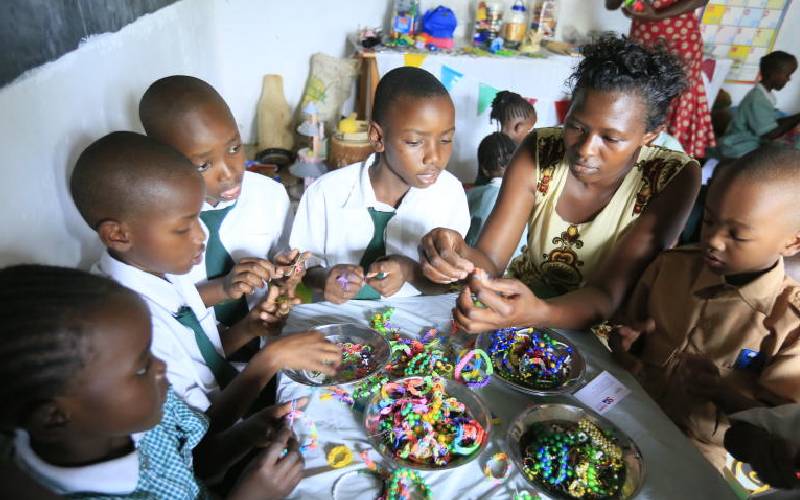×
The Standard e-Paper
Kenya’s Boldest Voice

Shikuku Shining Stars Academy pupils are being trained at their institution at Sicharai in Kakamega on March 4, 2020.[Benjamin Sakwa,Standard]
The grumble over the new education curriculum has crystalised into a legal suit with a lawyer challenging its continuing implementation.